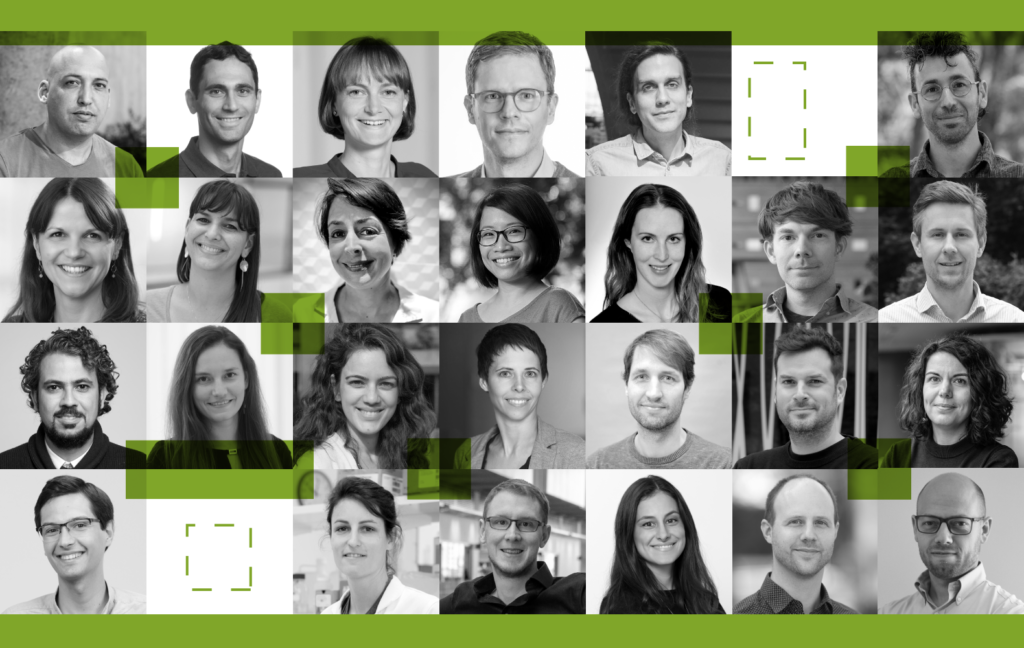8 December 2021 – EMBO congratulates 26 life scientists on their selection to the young investigator programme. They will join a network of 130 current and 368 former members of the programme. Starting in January 2022, the new young investigators will have access to a variety of networking opportunities and funding.
“We are pleased to welcome the 26 young investigators to the EMBO community,” says Michael N. Hall, EMBO Director ad interim. “They have already demonstrated scientific excellence despite only recently launching their own laboratories. The EMBO Young Investigator Programme will aid them in taking their career to the next level. We look forward to supporting them during an important phase of their career.”
As part of the programme, EMBO Young Investigators benefit from a variety of networking and training opportunities and have access to core facilities at the European Molecular Biology Laboratory (EMBL) in Heidelberg, Germany. They also receive a financial award of 15,000 euros and can apply for additional grants of up to 10,000 euros per year. The young investigators are active members in the programme for four years.
The EMBO Young Investigator Programme supports life scientists who have an excellent track record and have been group leaders for at least one but less than four years. They must carry out their research in an EMBC Member State, an EMBC Associate Member State (currently India and Singapore) or in countries or territories covered by a co-operation agreement (currently Taiwan and Chile).
Twelve of the new EMBO Young Investigators are female (46%) and 14 are male (54%). This year’s young investigators are based in seven EMBC Member States and the EMBC Associate Member State Singapore. The programme received 194 eligible applications and the success rate was 13%.
The next application deadline is 1 April 2022. More information about the programme, including eligibility criteria and the application process, is available here.
| EMBO Young Investigator | Research Interest | Affiliation | Location | |
|---|---|---|---|---|
 | Anna Obenauf | Therapies for metastatic cancers | Research Institute of Molecular Pathology | Vienna, AT |
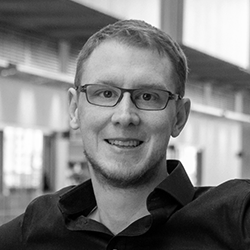 | Benjamin Schumann | Tools for quantitative glycobiology | Francis Crick Institute | London, UK |
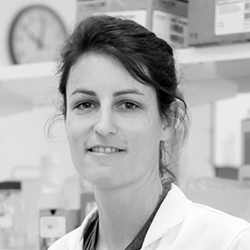 | Celine Vallot | Epigenomic evolution of breast cancers | Institut Curie | Paris, FR |
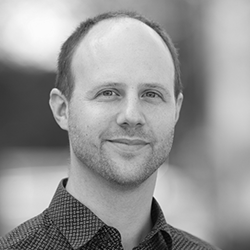 | Christian Münch | Mammalian mitochondrial unfolded protein response | Goethe University | Frankfurt, DE |
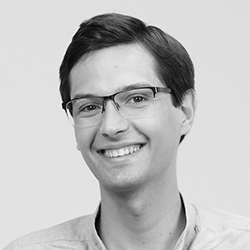 | Clemens Plaschka | mRNA processing and regulation | Research Institute of Molecular Pathology | Vienna, AT |
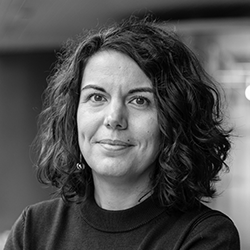 | Danny Nedialkova | Context-specific regulation of protein biogenesis | Max Planck Institute of Biochemistry | Martinsried, DE |
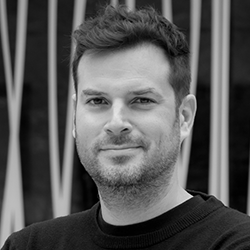 | Darío Lupiáñez | 3D regulatory landscapes in development and evolution | Max Delbrück Centre for Molecular Medicine | Berlin, DE |
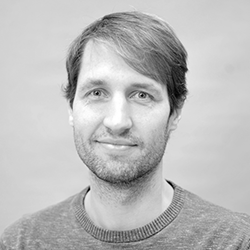 | David Zwicker | Physical principles of the organization of cellular structures | Max Planck Institute for Dynamics and Self-Organization | Göttingen, DE |
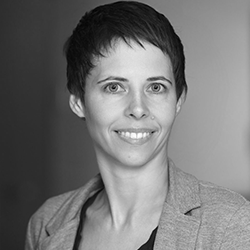 | Edda Schulz | Quantitative signal processing by gene networks and cis-regulatory landscapes | Max Planck Institute for Molecular Genetics | Berlin, DE |
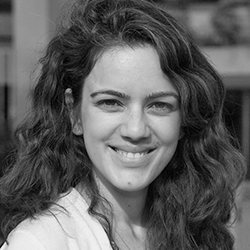 | Elvan Böke | Oocyte biology and cellular dormancy | Centre for Genomic Regulation | Barcelona, ES |
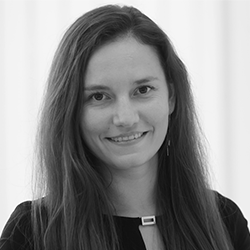 | Elvira Mass | Developmental programming of the innate immune system | University of Bonn | Bonn, DE |
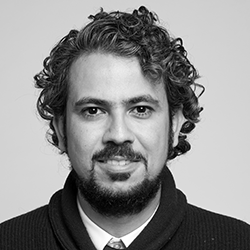 | Felipe Karam Teixeira | Molecular mechanisms controlling and protecting the germline | University of Cambridge | Cambridge, UK |
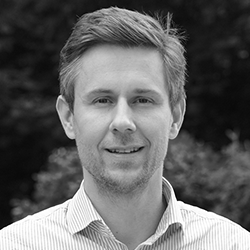 | Florian Schur | Structural biology of cell migration and viral Infection | Institute of Science and Technology Austria | Klosterneuburg, AT |
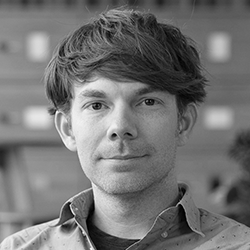 | Gray Camp | Exploring uniquely human development | Roche Institute for Translational Bioengineering Basel and University of Basel | Basel, CH |
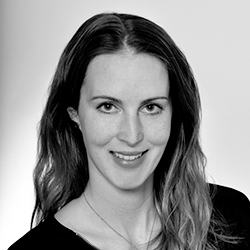 | Katrin Franke | Tracing visual computations from the retina to behaviour | University of Tübingen | Tübingen, DE |
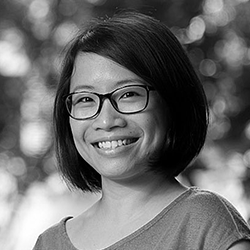 | Lena Ho | Micropeptides in metabolism and immunity | Duke-NUS Medical School | Singapore, SG |
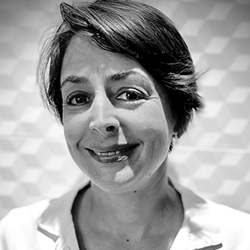 | Melanie Hamon | Bacteria mediated chromatin modifications in health and disease | Institut Pasteur | Paris, FR |
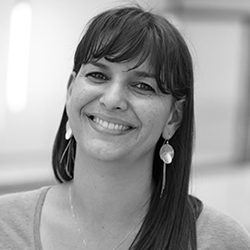 | Mounia Lagha | Gene expression precision during development | Institute of Molecular Genetics of Montpellier | Montpellier, FR |
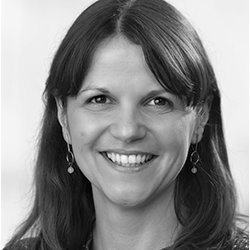 | Nina Cabezas-Wallscheid | Regulation of haematopoietic stem cell dormancy | Max Planck Institute of Immunobiology and Epigenetics | Freiburg, DE |
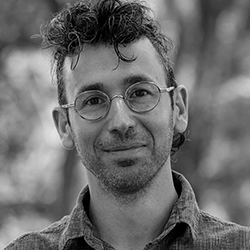 | Ori Avinoam | Dynamic membrane remodelling | Weizmann Institute | Rehovot, Israel |
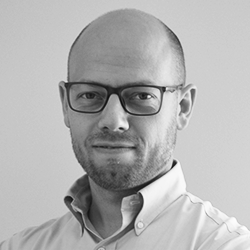 | Pierre-Marc Delaux | Evolution and functioning of plant symbioses | Plant Science Research Laboratory | Toulouse, FR |
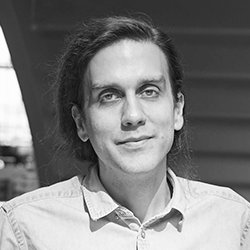 | Pontus Skoglund | Ancient genomics and human evolution | Francis Crick Institute | London, UK |
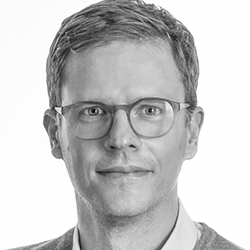 | Roger Geiger | Systems analyses of anti-tumour T cell responses | Institute for Research in Biomedicine | Bellinzona, CH |
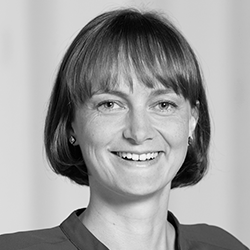 | Stefanie Jonas | RNA processing machineries in the nucleus of human cells | Swiss Federal Institute of Technology | Zurich, CH |
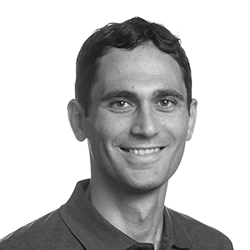 | Uri Ben-David | Functional consequences of aneuploidy in cancer | Tel Aviv University | Tel Aviv, IL |
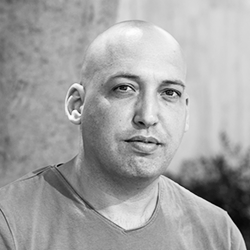 | Yonatan Stelzer | Dissecting early embryonic cell-fate decisions at spatio-temporal resolution | Weizmann Institute | Rehovot, IL |
